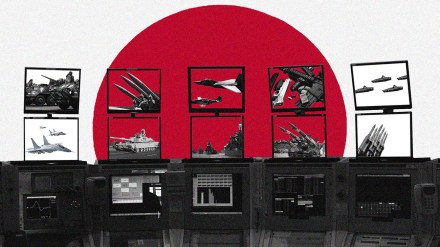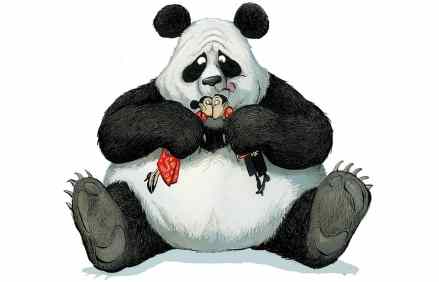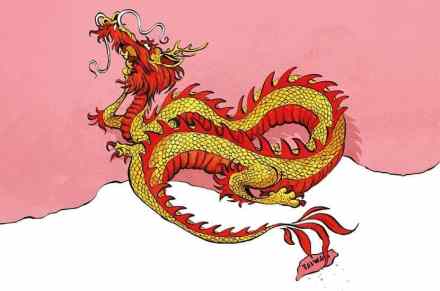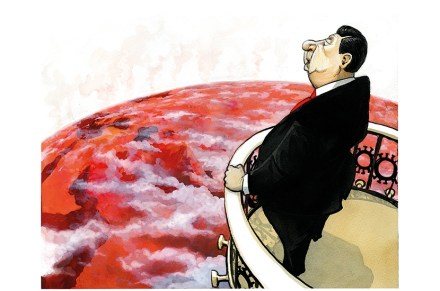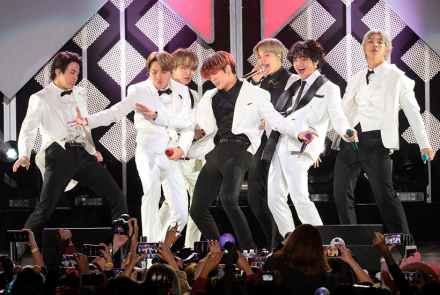Japan’s plans for an anti-China alliance
As the world’s attention focused last month on whether to send tanks to Ukraine, Japan’s Prime Minister, Fumio Kishida, was on a whistle-stop tour of the West. He held various meetings with G7 leaders, including Rishi Sunak and Joe Biden. His objective was clear: to create a new alliance that can counter China. Japan has
